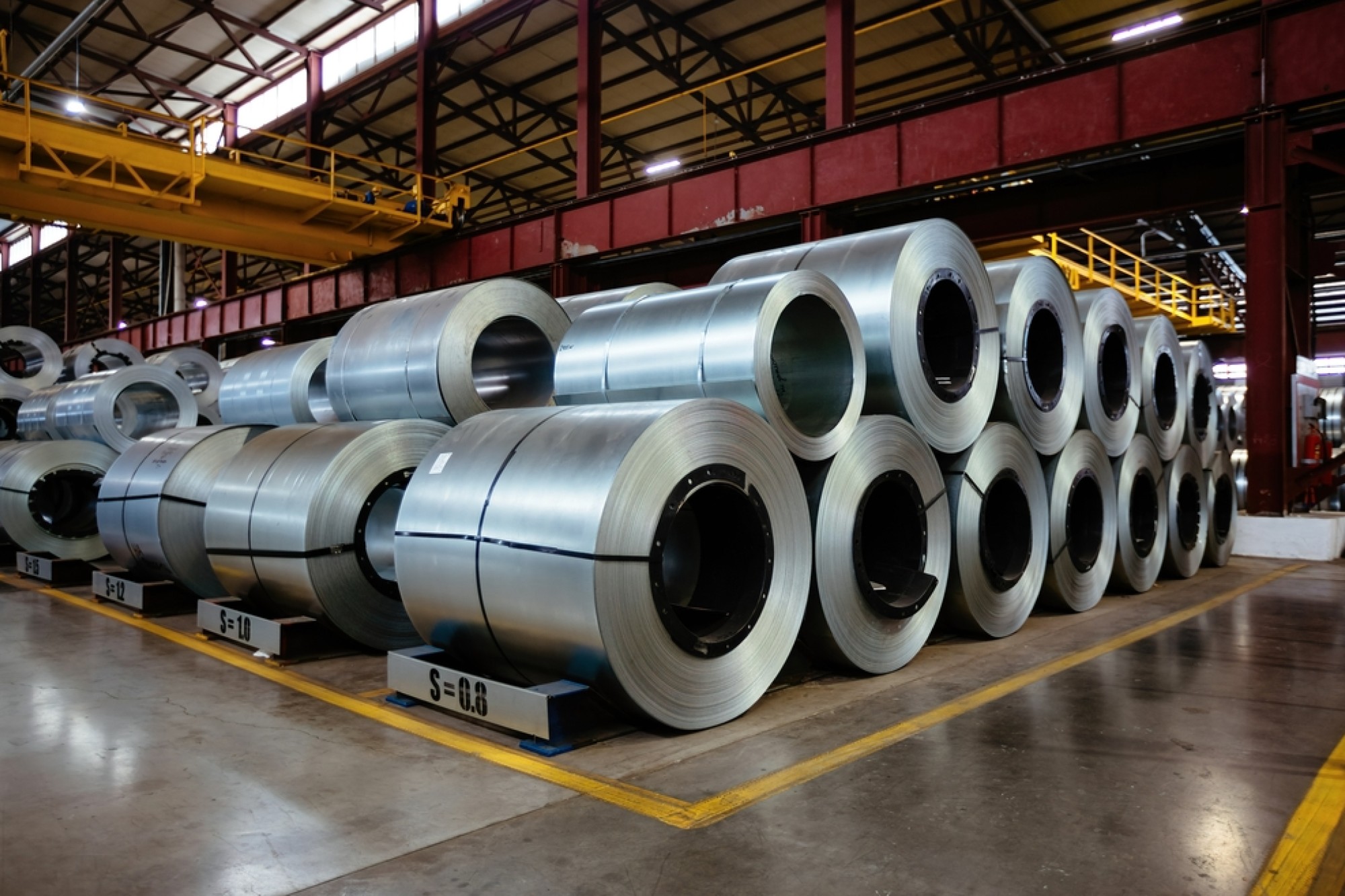Decreasing emissions with sustainable practices in the construction industry
By Edit Team | March 7, 2024 11:38 am SHARE

In the wake of pressing environmental challenges, the global emphasis on sustainable practices has never been more crucial. With emissions and climate change taking centre stage, the construction sector emerges as a key player in mitigating these issues.
All across the globe, the importance of sustainable practices cannot be overstated, especially in the face of current environmental challenges. Emissions and climate change have become pressing global concerns, and the construction sector plays a substantial role in mitigating these issues. As announced at the COP26 summit, adhering to the ambitious national goal of achieving zero emissions by 2070 is becoming more crucial than ever. So, let’s explore these industry-specific environmental problems and understand some strategies to help reduce these emissions, ultimately contributing to a greener future.
Emissions from the construction industry
The construction sector is a significant contributor to global greenhouse gas release. According to a report, the construction industry is responsible for 19 percent of the greenhouse gas emissions. These emissions primarily stem from energy consumption, material production, transportation, and construction. In particular, using conventional building materials and energy-intensive construction methods has a considerable carbon footprint. On top of this, the cost of sustainable technologies and a lack of awareness are also standing as stringent barriers. However, the prospects look promising, with technological advancements and growing environmental consciousness, which pave the way for a more sustainable construction industry.
Recent developments in sustainability
The recent bureaucratic push for sustainability in the form of a carbon tax (e.g., the EU’s Carbon Tax Regime) has served as a powerful motivator for industries worldwide to adopt sustainable practices, as non-compliance with emissions reduction targets could result in significant financial penalties. These policies are forging an international effort towards combating climate change, and the affirmative role of the construction sector is equally important in this undertaking. Hence, in pursuing this transformation, the building and construction industry is disrupting by adopting more eco-friendly methods. Here are a few examples:
● Sustainable building materials: Recyclable steel and other sustainable building materials offer long-lasting use, which makes them highly environmentally friendly. Moreover, steel’s remarkable versatility allows it to be shaped to suit various architectural designs, making it an ideal choice for various construction projects.
● Energy-efficient construction: Smart building designs are paramount in emission reduction. Energy-efficient buildings significantly reduce operational energy consumption, lower costs, and emit lower emissions throughout their lifecycle.
● Renewable energy integration: For internal consumption, incorporating renewable energy sources like solar panels and wind turbines into building design is another crucial step towards emission reduction. These sources reduce the reliance on fossil fuels, decreasing the buildings’ carbon footprint.
● Waste reduction: The construction industry generates large amounts of waste, and improper disposal greatly adds to overall environmental degradation. The building sector can significantly reduce emissions and environmental impact by adopting efficient waste management and recycling practices. Additionally, recycling construction materials helps conserve valuable resources, decreasing reliance on finite raw materials.
● Government incentives: Regulations that encourage energy-efficient construction and subsidies for using sustainable materials can significantly shape the industry’s practices. Incentives such as tax benefits and grants encourage developers to embrace green building practices.
The construction industry stands as a crucial contributor towards reducing our emissions. Through the incorporation of innovative solutions, this sector has the potential to exert a strong influence on environmental consciousness. For the journey ahead, industry players should unite to take a collective responsibility against climate change to shape a world that is environmentally pure for generations to come.
Cookie Consent
We use cookies to personalize your experience. By continuing to visit this website you agree to our Terms & Conditions, Privacy Policy and Cookie Policy.






































































